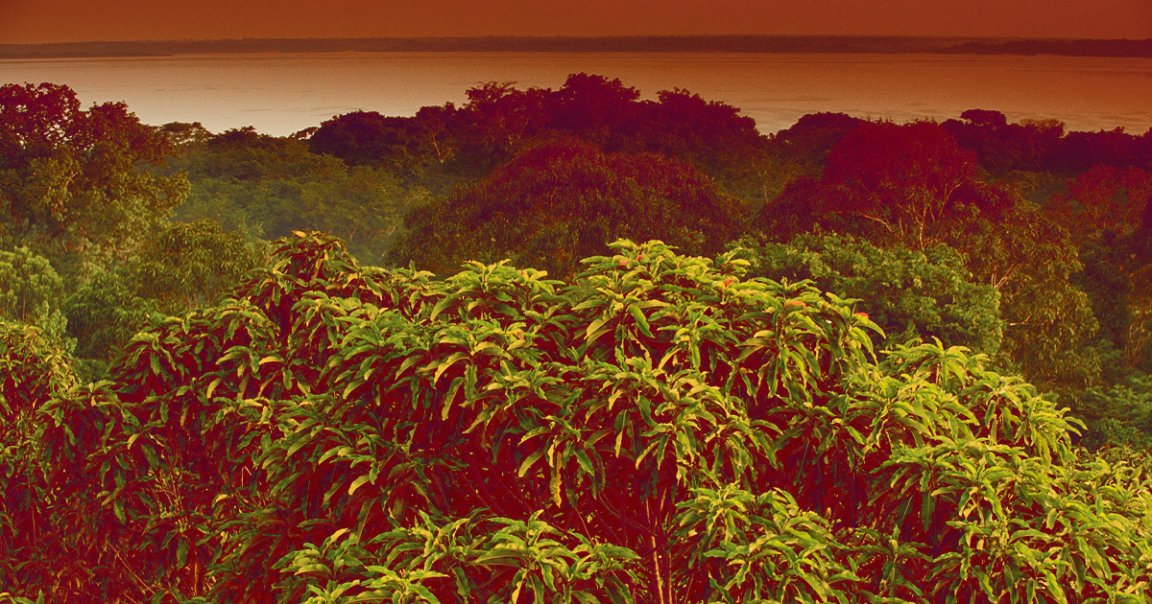
City Scape
Archaeologists have begun uncovering a 250-year-old lost city in Brazil’s Amazon rainforest — and are using advanced technology to survey it.
As Brazil’s Metropoles news site reports, University of Sao Paulo archaeologist Eduardo Neves and his team have unveiled their discovery of an abandoned Portuguese colonial settlement during the first of a three-part research program titled Amazônia Revelada.
Located in the modern Brazilian state of Rondônia, the ancient colony was said to appear on some maps before seemingly vanishing hundreds of years ago. This discovery was made in part by the previous archeological revelation of the so-called “Serra da Muralha” or “Wall Mountains” that are associated with a nearby road.
With the help of local Indigenous peoples, Neves and his team were able to map out what would have been the rest of the settlement. From there, the archaeologists partnered with Brazil’s National Space Research Institute to use its airborne light detection and ranging (LiDAR) remote sensing technology to get a better look at the site without having to physically handle and possibly damage the aged structures.
“It was abandoned, the forest took over, and the stone blocks were removed,” Neves told the website. “With our maps, we were able to identify the layout of the streets of this city, which was also a fascinating discovery.”
Troubled Past
Though tons of very ancient artifacts and towns have been uncovered in the Amazon, which has been inhabited for tens of thousands of years, the discovery of this sort of Europeanized stone masonry was of particular interest to the archaeological team. These structures point to a more recent — and darker — period of Brazil’s history: the colonization of the land by the Portuguese, who modernized and dominated the transatlantic slave trade for more than a century.
While not explicitly stated, Neves’ insistence of bringing Indigenous people and perspectives into the research and unveiling of this lost city and the other forthcoming findings from the Amazônia Revelada project also seems to seek to help the region by establishing greater protections for these historical sites that are located near other conservation areas that have been exploited in recent years.
“We want to start registering these endangered archeological sites so they can be protected as national heritage monuments,” Neves said in a press release earlier this year from the São Paulo Research Foundation, which he works with.
“We’re finding archeological sites everywhere we go in the Amazon region,” he continued. “The question is what to do with them.”
More on archaeology: A “Jaw-Dropping” Study Just Revealed the True Origin of a Stonehenge Megalith